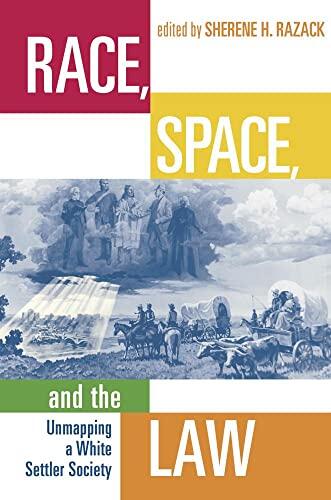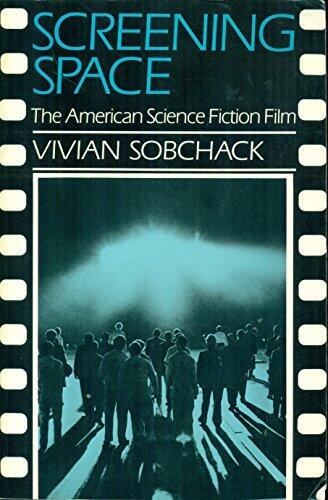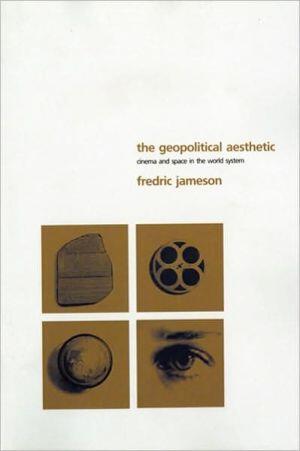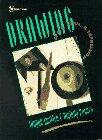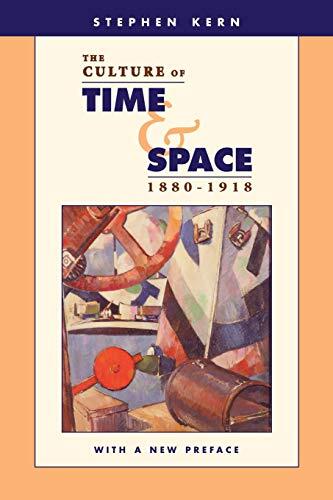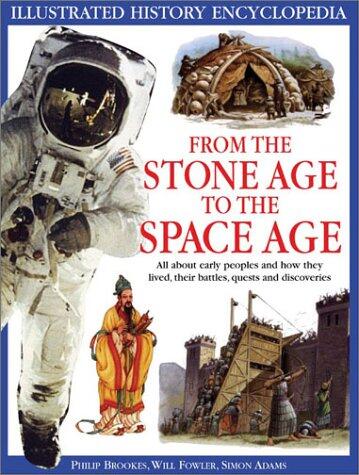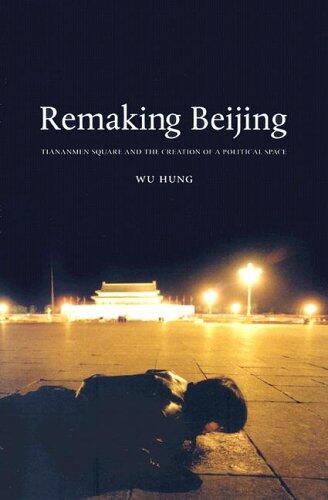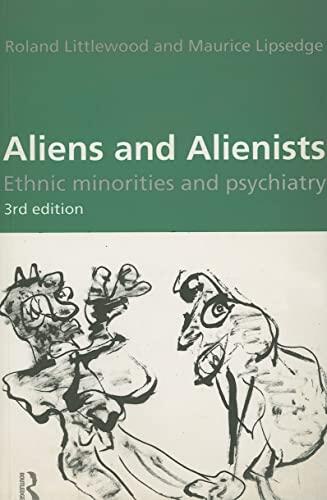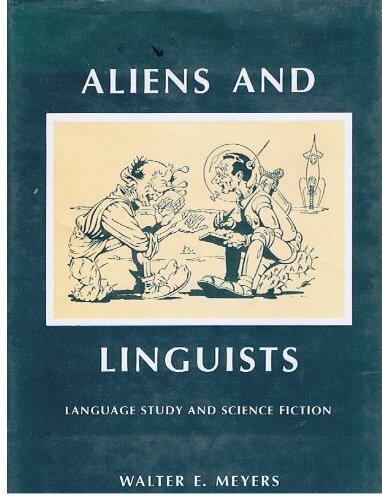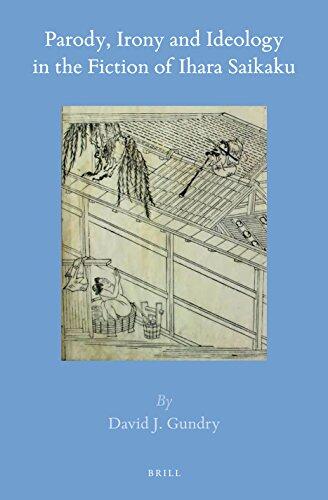
Parody, Irony and Ideology in the Fiction of Ihara Saikaku,
작성자
David J. Gundry
아직 평점이 없습니다
Science Fiction
History
Manga
+1
more
형식
하드커버
페이지
314
언어
영어
출판됨
Aug 16, 2017
출판사
Brill
ISBN-10
9004343059
ISBN-13
9789004343054
설명
David J. Gundry's insightful exploration of Ihara Saikaku's fiction brings to light the intricate layers of parody, irony, and ideology woven into the narratives of this seminal Japanese author. As the first comprehensive English monograph dedicated to Saikaku, Gundry's work serves as an essential resource for scholars and enthusiasts alike, shedding light on the cultural and historical contexts that inform Saikaku's storytelling.
Gundry meticulously analyzes various works, revealing the subtleties of Saikaku's humor and the sharp critique of societal norms that permeate his prose. The author showcases how Saikaku employs irony not only as a literary device but also as a means of engaging with the complexities of 17th-century Japan. Through this examination, readers gain a richer understanding of Saikaku's influence on Japanese literature and the enduring relevance of his themes.
By combining literary analysis with cultural commentary, Gundry presents a compelling argument for the importance of Saikaku in the canon of world literature. His clear and engaging writing style encourages readers to delve deeper into the works of a writer whose legacy has shaped Japanese narrative traditions for centuries. Throughout the text, there is a palpable passion for both the subject matter and the craft of writing itself, making this monograph a valuable contribution to Japanese studies.
Gundry meticulously analyzes various works, revealing the subtleties of Saikaku's humor and the sharp critique of societal norms that permeate his prose. The author showcases how Saikaku employs irony not only as a literary device but also as a means of engaging with the complexities of 17th-century Japan. Through this examination, readers gain a richer understanding of Saikaku's influence on Japanese literature and the enduring relevance of his themes.
By combining literary analysis with cultural commentary, Gundry presents a compelling argument for the importance of Saikaku in the canon of world literature. His clear and engaging writing style encourages readers to delve deeper into the works of a writer whose legacy has shaped Japanese narrative traditions for centuries. Throughout the text, there is a palpable passion for both the subject matter and the craft of writing itself, making this monograph a valuable contribution to Japanese studies.

